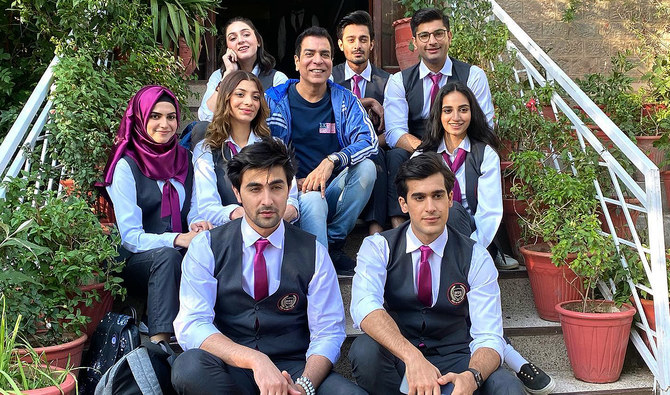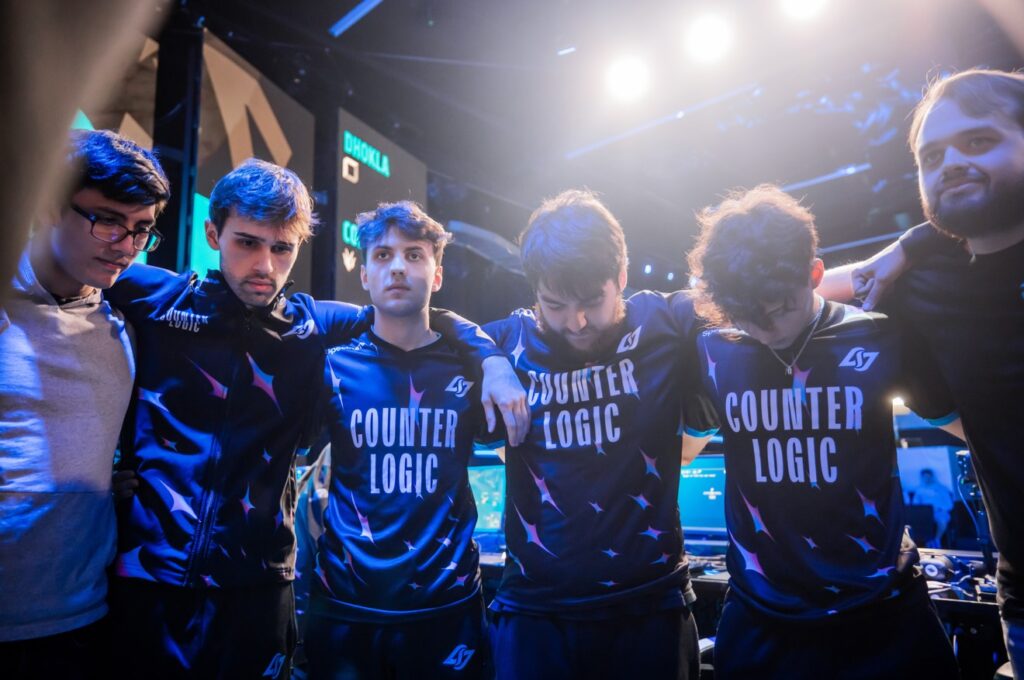CLG Drama: The Full Story Behind Counter Logic Gaming’s Controversial Fallout

The world of esports is no stranger to controversy, but few stories have shaken the community quite like the CLG drama. Once one of the most respected and beloved esports organizations in North America, Counter Logic Gaming (CLG) built a legacy that stretched across more than a decade. From legendary League of Legends rivalries to grassroots community engagement, CLG wasn’t just a team—it was a symbol of early esports passion.
But in 2023, fans were blindsided by shocking news: mass layoffs, a corporate takeover, and ultimately, the end of CLG as we knew it. The announcement marked the collapse of one of esports’ founding institutions and ignited heated debates about money, management, and the changing face of competitive gaming.
This article dives deep into the full story behind the CLG drama—how it all began, what went wrong, and what its downfall reveals about the esports industry in 2025.
The Legacy of CLG: From Pioneers to Powerhouse
Founded in 2010 by George “HotshotGG” Georgallidis, Counter Logic Gaming was one of the earliest professional esports teams in North America. What started as a small League of Legends squad quickly grew into a multi-game powerhouse. CLG became synonymous with innovation, sportsmanship, and a do-it-yourself mentality that resonated with fans long before esports was a billion-dollar industry.
Throughout the 2010s, CLG’s name carried prestige. The team’s League of Legends roster achieved legendary status, often going head-to-head with rivals like Team SoloMid (TSM) and Cloud9 in iconic matches that defined early esports viewership. Beyond League of Legends, CLG expanded into CS:GO, Halo, Super Smash Bros., and Fortnite, representing a wide range of competitive talent.
More than just results, CLG built an identity around authenticity and fan connection. Their YouTube content, player streams, and open communication helped foster one of the most loyal fanbases in esports. They weren’t just an organization—they were a community. For many fans, CLG symbolized the heart of competitive gaming before corporate sponsorships took over.
The Beginning of the CLG Drama
The seeds of the CLG drama began long before the public announcement of its closure. In 2017, Madison Square Garden (MSG) Entertainment acquired a majority stake in CLG, marking the start of a new corporate era. While the acquisition brought financial stability, it also slowly eroded the grassroots identity that made CLG special.
Performance struggles in the League of Legends Championship Series (LCS), combined with declining viewership and rising operational costs, put CLG in a difficult position. Behind closed doors, rumors of financial instability and potential restructuring circulated for months.
Then, in April 2023, the bombshell dropped. CLG announced massive layoffs, with most of its staff and players being let go. A short, somber video posted on social media revealed that the organization would effectively cease operations. Fans were heartbroken—and outraged. What stung most wasn’t just the shutdown itself, but the corporate tone of the message, which many saw as detached and disrespectful to CLG’s legacy.
The Fallout: Layoffs, Fan Backlash, and the End of an Era
The fallout from the CLG drama was swift and emotional. Dozens of long-time employees, players, and creators were suddenly left without jobs, learning about the layoffs only hours before the announcement went public. Social media erupted with messages of disbelief, sadness, and frustration.
The announcement video—in which the CLG logo slowly faded away—became a symbol of corporate coldness. Fans criticized MSG Entertainment for treating a once-beloved community-driven brand as a disposable asset. Within hours, the hashtag #SaveCLG trended across Twitter, as fans shared memories and tributes to the team that had shaped their love of esports.
For many, CLG’s demise represented something bigger: the end of the old esports era, when passion and innovation mattered more than business models and investor returns. The organization’s final moments served as a wake-up call about the dangers of commercialization and poor communication in an industry still trying to find its financial footing.
CLG’s Merger and the Rise of NRG Esports

Following the layoffs, it was revealed that NRG Esports had acquired CLG’s assets, including its League of Legends LCS slot. Overnight, CLG’s roster and infrastructure were absorbed under NRG’s branding. For fans, the news was bittersweet: while it kept players and competitive operations alive, it also marked the official death of the CLG name.
NRG attempted to reassure fans by promising to “carry on CLG’s competitive spirit,” but many felt that the merger erased a decade of legacy. CLG’s social media accounts went dark, and its brand slowly disappeared from esports broadcasts. What had once been a pioneering organization became a memory—a chapter closed by corporate decisions.
The transition also reignited discussions about ownership models in esports. As more teams rely on outside investment, questions arise about whether passion and authenticity can coexist with corporate control. CLG’s merger into NRG symbolized both the survival and loss of its legacy—a paradox that still divides the community today.
What the CLG Drama Reveals About the Esports Industry
The CLG drama was not just the story of one team—it was a reflection of the entire esports industry. As costs rise and profits remain uncertain, even historic organizations struggle to survive without strong revenue models. The esports bubble, inflated by sponsorships and investor hype, has shown signs of strain in recent years.
CLG’s downfall highlights the tension between passion and profit. Once fueled by community love and player-driven energy, esports has evolved into a corporate arena where financial efficiency often outweighs cultural significance. The loss of CLG showed that even legacy brands are vulnerable when ownership shifts away from community values.
However, it also sparked important conversations about the future of sustainability in esports. Organizations are now rethinking spending habits, diversifying income streams, and re-emphasizing fan connection—a lesson learned from CLG’s fall. The drama may have ended the CLG name, but its story continues to shape the way teams navigate the balance between authenticity and survival.
Conclusion
The CLG drama stands as one of the most significant events in modern esports history. It wasn’t just about layoffs or ownership changes—it was about the loss of something deeply human within a growing digital empire. CLG represented the passion, struggle, and community that built esports from the ground up.
While its brand may be gone, the spirit of CLG lives on through its players, fans, and the memories it created. Its fall serves as both a cautionary tale and a reminder that esports is still young, still evolving, and still learning how to balance business with heart.
In the end, CLG’s story is not just one of loss—it’s a legacy that continues to inspire conversations about what esports truly stands for.
FAQs About CLG Drama
What happened to CLG?
In 2023, Madison Square Garden Entertainment shut down most of CLG’s operations and sold its assets to NRG Esports, effectively ending the brand.
Why did CLG close down?
Financial struggles, declining performance, and corporate restructuring led MSG to dissolve the organization.
What is the connection between CLG and NRG Esports?
NRG Esports acquired CLG’s LCS slot and absorbed its players and staff into its existing structure.
How did fans react to CLG’s closure?
Fans expressed heartbreak and anger, criticizing the corporate handling of the shutdown and mourning the end of a historic team.
What does the CLG drama mean for the esports industry?
It highlights the financial instability of esports and the growing tension between passion-driven culture and corporate profit.
You May Also Read: Is Pockit Bank Safe



